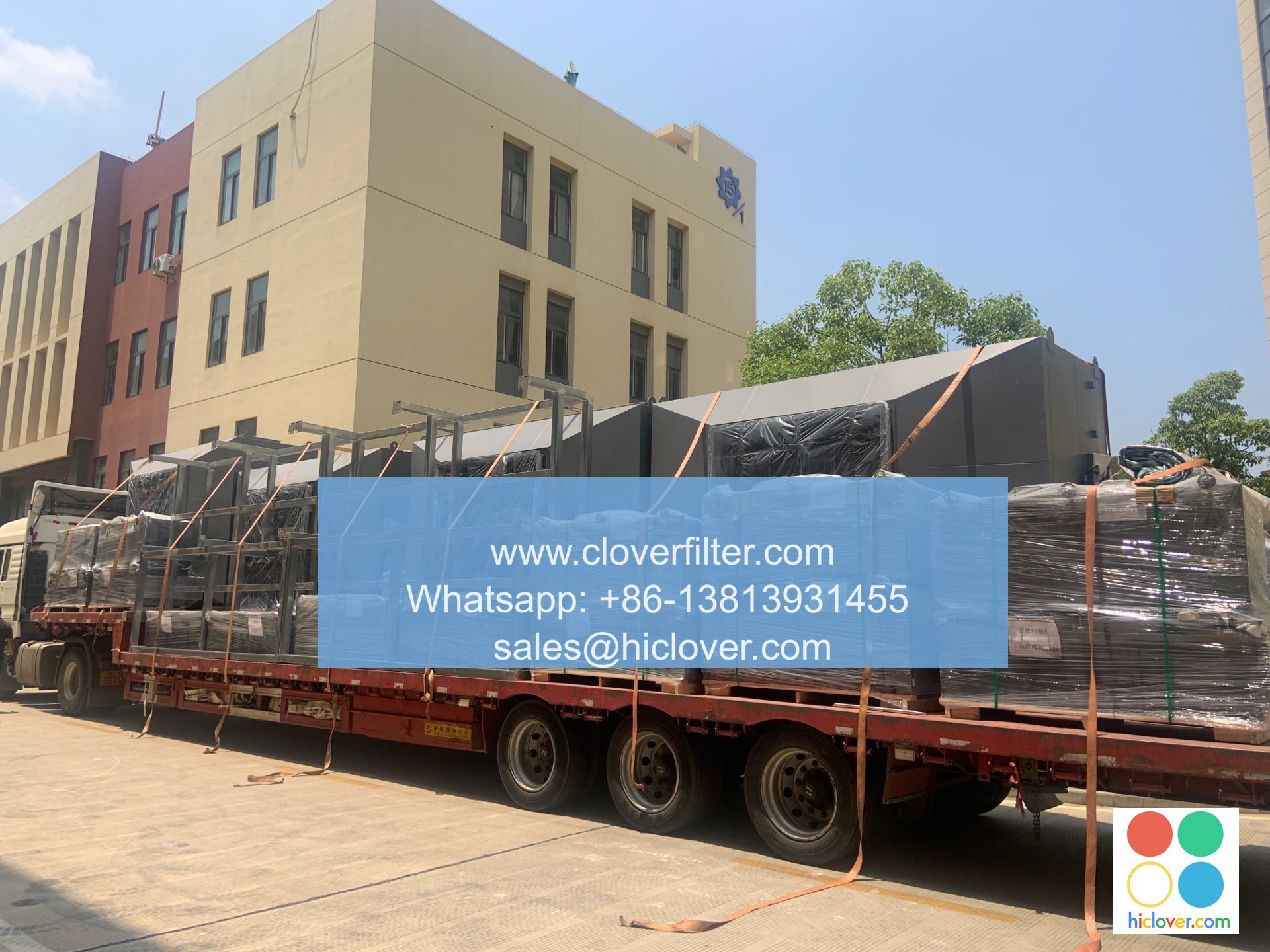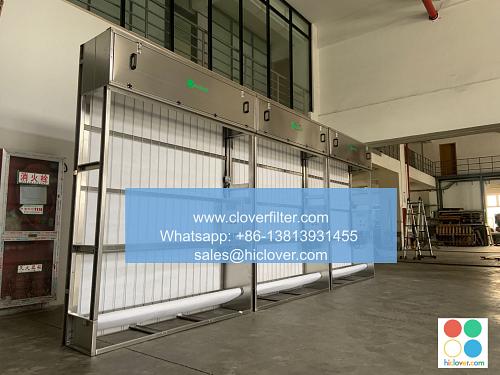Types of Air Filters: A Comprehensive Overview

Air filtration is a crucial aspect of maintaining good indoor air quality, and with the numerous types of air filters available, it can be overwhelming to choose the right one. In this article, we will delve into the various types of air filters, their characteristics, and application areas, highlighting the key benefits and differences between them.
Introduction to Air Filters
Air filters are designed to capture airborne particles, gases, and other contaminants, improving the air quality in homes, offices, and industrial settings. The choice of air filter depends on several factors, including the type of pollutant, airflow rate, and filter efficiency. With the increasing awareness of indoor air pollution, the demand for high-quality air filters has grown, driving innovation and development in the field.
Types of Air Filters
There are several types of air filters, each with its unique features and application areas. Some of the most common types of air filters include:
* HEPA (High Efficiency Particulate Air) Filters: Designed to capture 99.97% of particles as small as 0.3 microns, HEPA filters are widely used in residential, commercial, and industrial settings. They are particularly effective in removing dust, pollen, and other airborne allergens.
* Activated Carbon Filters: These filters are designed to capture gases, odors, and chemicals, making them ideal for use in kitchens, bathrooms, and industrial areas. Activated carbon filters are often used in combination with other types of filters to provide comprehensive air purification.
* UV (Ultraviolet) Light Filters: UV light filters use ultraviolet light to kill bacteria, viruses, and other microorganisms. They are commonly used in healthcare settings, laboratories, and food processing areas where sterility is crucial.
* Ionizing Air Filters: These filters use negative ions to attract and trap airborne particles, making them an effective solution for removing dust, pollen, and other allergens. Ionizing air filters are often used in residential and commercial settings.
Application Areas
Air filters have a wide range of applications, including:
* Residential Air Filtration: Air filters are used in homes to improve indoor air quality, reduce allergens, and eliminate odors.
* Commercial Air Filtration: Air filters are used in offices, restaurants, and retail stores to maintain a healthy and comfortable environment for employees and customers.
* Industrial Air Filtration: Air filters are used in industrial settings to remove pollutants, dust, and other airborne contaminants, ensuring a safe and healthy working environment.
* Healthcare Air Filtration: Air filters are used in hospitals, clinics, and laboratories to maintain sterility and prevent the spread of airborne diseases.
Key Considerations
When selecting an air filter, there are several key considerations to keep in mind, including:
* Filter Efficiency: The ability of the filter to capture airborne particles and contaminants.
* Airflow Rate: The rate at which air passes through the filter, affecting its effectiveness and durability.
* Maintenance and Replacement: The ease of maintenance and replacement of the filter, as well as the cost of replacement filters.
* Cost and Energy Efficiency: The initial cost of the filter, as well as its energy consumption and operating costs.
Conclusion
In conclusion, the type of air filter used can significantly impact indoor air quality, making it essential to choose the right filter for the specific application area. By understanding the different types of air filters, their characteristics, and application areas, individuals and organizations can make informed decisions and select the most effective air filtration solution for their needs. Whether it’s for residential, commercial, or industrial use, the right air filter can provide a healthier, more comfortable, and productive environment. You haven’t asked a question or provided any context for me to respond to. Please provide more information or ask a specific question so I can assist you better. What’s on your mind?

